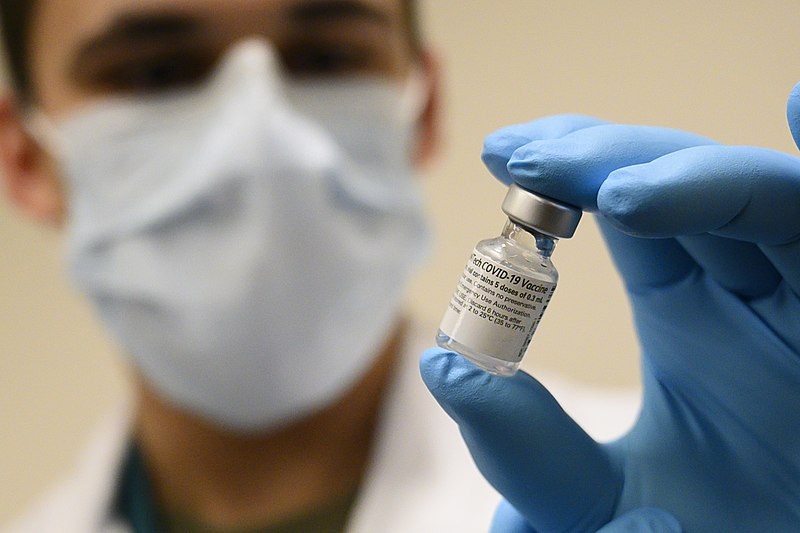The more open an economy, like that of Belgium, the more its international trade is likely to suffer from the impact of uneven COVID-19 vaccine coverage around the world.
While Belgium officially launched its vaccination campaign a month ago, some are worried about the comparison of national performance during this period with our neighbouring countries, or critical of the European vaccination figures.
This week, a study warns in addition to the economic dangers, for the richest countries, of vaccine nationalism - namely, to worry only about a collective immunity on its own territory, losing sight of multilateral coordination and solidarity with the poorest countries.
A moral and economic reality
As this study commissioned by the ICC Research Foundation and picked up by media around the world shows, ensuring equitable access to COVID-19 tests, treatments and vaccines is not just a moral choice: any alternative is also economically irresponsible. All the more so for countries highly dependent on international supply chains such as Belgium.
The global economy stands to lose up to $9.2 trillion if governments in developed countries fail to ensure developing economies' access to COVID-19 vaccines, with half of the loss going to advanced economies.
Even in an optimistic scenario, where developing countries would be able to immunize half of their populations by the end of the year, total global losses would only drop to $4.4 trillion - of which 53% would be borne by advanced economies, i.e. a loss of $2.4 trillion in GDP.
No country is an island
The article demonstrates the economic costs of suboptimal vaccine distribution to the international trading system globally, showing that while a particular country may benefit from privileged access to the vaccine, it can only “experience a sluggish recovery with a drag on its GDP” if its trading partners cannot benefit from comparable access.
Finally, the study also shows that economies and sectors with high international exposure will suffer the greatest economic losses. A serious warning for Belgium, but also for France, Germany, Italy, the Netherlands, Norway, Portugal, Spain, Sweden, Switzerland, the United Kingdom and the United States - all countries that risk experiencing GDP losses of more than 3.9% compared to a world where all countries would be vaccinated at the same tempo.
$27.2 billion, this is the investment that would be needed by the richest economies to effectively finance the programme of the Access to COVID-19 Tools (ACT) Accelerator of the World Health Organization (WHO). An amount whose return could go up to 166 times the stake for donor states.
A race against time
As recalled by Dr. Tedros Adhanom Ghebreyesus, Director-General of the World Health Organization (WHO), who reacted to the launch of the study: “The longer we wait to provide vaccines, tests, and treatments to all countries, the faster the virus will take hold, the potential for more variants will emerge, the greater the chance today’s vaccines could become ineffective, and the harder it will be for all countries to recover."


